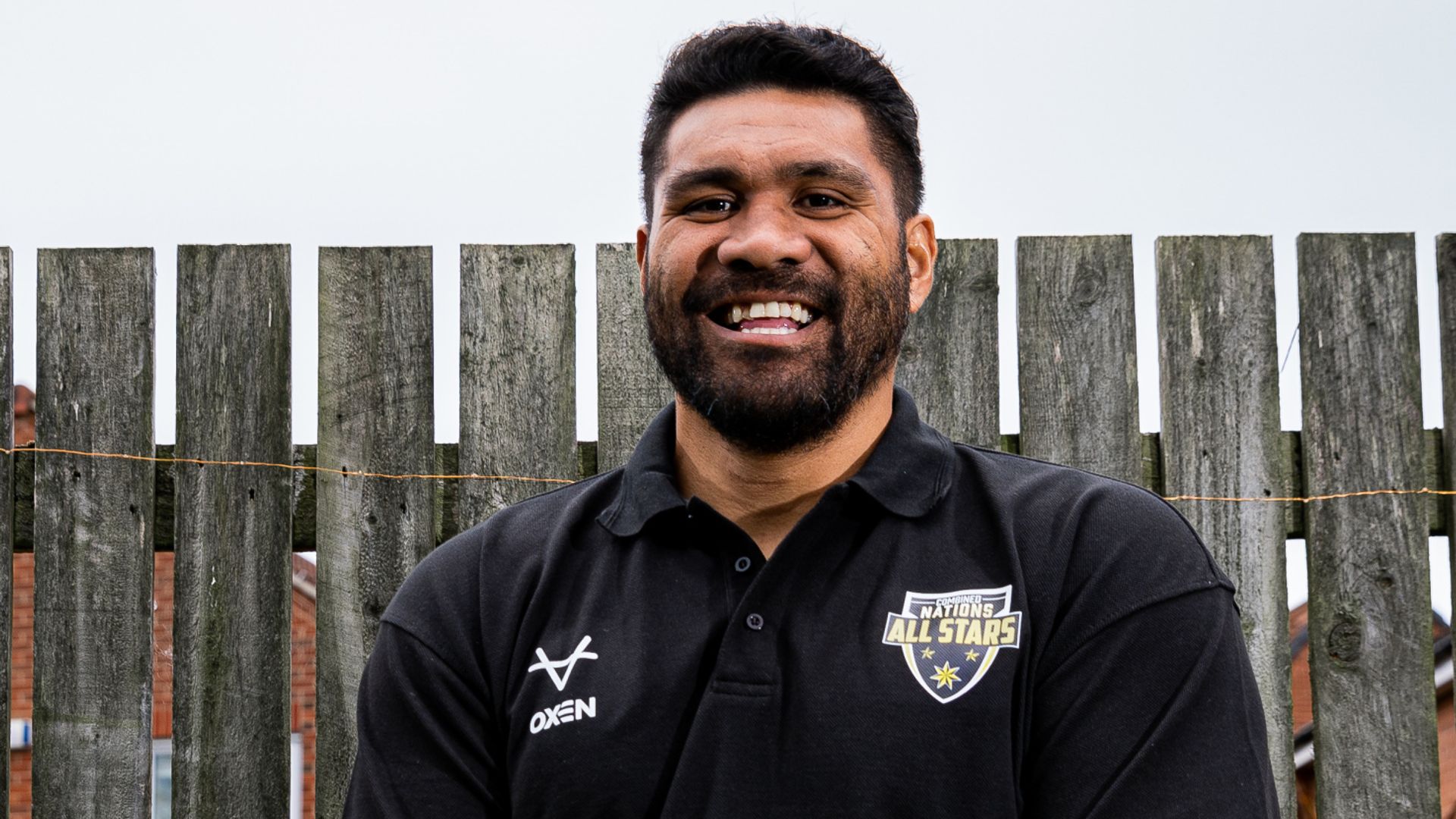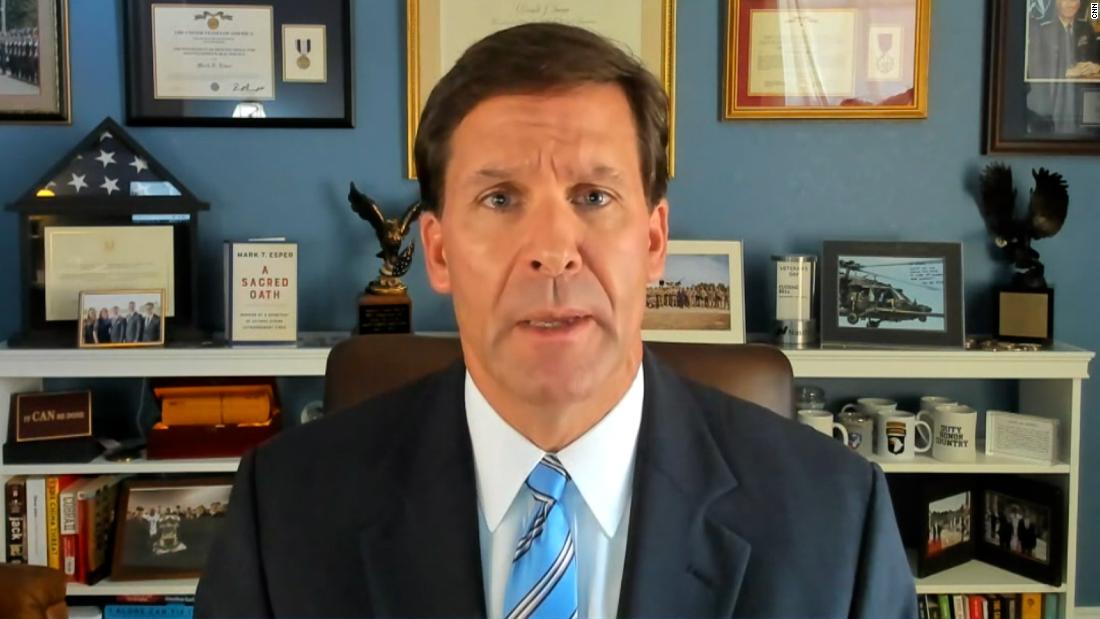Can Justice Reform Survive in Los Angeles?
The campaign to remove District Attorney George Gascón in the nation’s largest prosecutorial office failed to get enough signatures to place a vote on the ballot the first time around, but supporters worry that it has added to the growing pains of a city that voted for an overhaul in its legal system last December.

Despite a setback this fall, campaigners for the recall of Los Angeles District Attorney George Gascón aren’t giving up.
The widely covered effort to oust Gascón after less than a year in office was seen by many observers as a key episode in the nationwide backlash by law-and-order advocates against the “progressive” prosecutor movement.
Organizers of the effort, who failed to gather enough signatures to place it on the ballot ahead of an Oct. 27 submission deadline, say they plan to resume the struggle later this year.
“Make no mistake, this is not a white flag — it is a double-down on our efforts,” organizers said in a statement following withdrawal of their original petition last month.

George Gascón
In interviews with The Crime Report, observers as well as members of Gascón’s own camp acknowledge the final outcome is still far from settled.
Jamarah Hayner, Gascón’s anti-recall campaign manager, said the lack of clarity on the actual policies he is implementing has added to the growing pains of a city that effectively voted for an overhaul in the city’s legal system.
Hayner, who was his campaign manager during the 2020 election, said Gascón’s camp is now focused on talking to people who disagree with the district attorney’s policies.
“When you actually start to drill down and say ‘I hear that you have these concerns’ and they say ‘George is letting everyone out of jail’ …I say “if that were the truth, I’d be nervous too,” she said.
“We need to wade through that.”
Gascón, 67, was an assistant deputy chief in the Los Angeles Police Department (LAPD) before heading the San Francisco police and then winning an election to serve as that city’s top prosecutor. He was elected LA County DA in 2020 with more than 54 percent of the vote.
As the head of the nation’s largest prosecutorial office, covering an area home to more people than make up the population of many states, Gascón has been a lightning rod for opponents of “progressive” justice reforms.
He alienated the city’s powerful law enforcement establishment—including some of his own deputies—with policies like ending cash bail and halting the practice of trying juveniles as adults.
LA County Sheriff Alex Villanueva, another elected county official, has been among the high-profile supporters of the recall campaign. His office has continuously attempted to block Gascón reforms.
Although polls showed wide grassroots support for Gascón, an upsurge in crime during the pandemic provided ammunition to his conservative critics. Observers say the connection between his policy changes and rising crime rates isn’t as clear as critics insist.
“We haven’t had a good conversation about [why crime is getting a lot worse],” said Raphael Sonenshein, Executive Director of the Pat Brown Institute for Public Affairs at California State University.
“You hear the recall people say ‘the world is going to hell; police are handcuffed and can’t do their job because of the DA.’ Progressives are basically saying ‘he’s doing the right things and if things are going badly it’s not because of his policies, [but can be attributed to] who knows what else is going on, like a return from our isolation for the past 18 months.”
Moreover, Sonenshein said, the statistics are confusing, and there’s disagreement about how bad the crime rate is, which crimes are increasing, and if any of this is related to actions taken by the district attorneys.
Other high-profile progressives such as Kim Foxx in Chicago, Suffolk County DA Rachael Rollins and Philadelphia’s Larry Krasner have similarly found themselves on the firing line. But removing Gascón from office would be a significant victory for nationwide proponents of a return to traditional law-and-order strategies.
The first recall attempt failed to gather enough signatures.
In order to force an actual election, organizers of the campaign needed to collect about 580,000 signatures of Los Angeles County voters before the Oct 27 submission deadline. That threshold for signatures is high, particularly given only 264,409 signatures were gathered in Los Angeles County to force Gov. Gavin Newsom’s recent (and unsuccessful) recall election.
A recall was “[Republicans’] only shot,” said Hayner. “Numerically, when you’re looking at the margins, all they can do is change the rules of the game.”
Even in defeat, however, Gascon’s opponents may have scored some wounding points.
Hayner warned that a recall effort was more than just an attempt to overturn election results.
“It’s also an attempt to distract elected officials from their jobs,” she said.
Laurie Sonnenberg is a Berkeley, CA-based contributing writer to The Crime Report.

 Landwebs
Landwebs 























